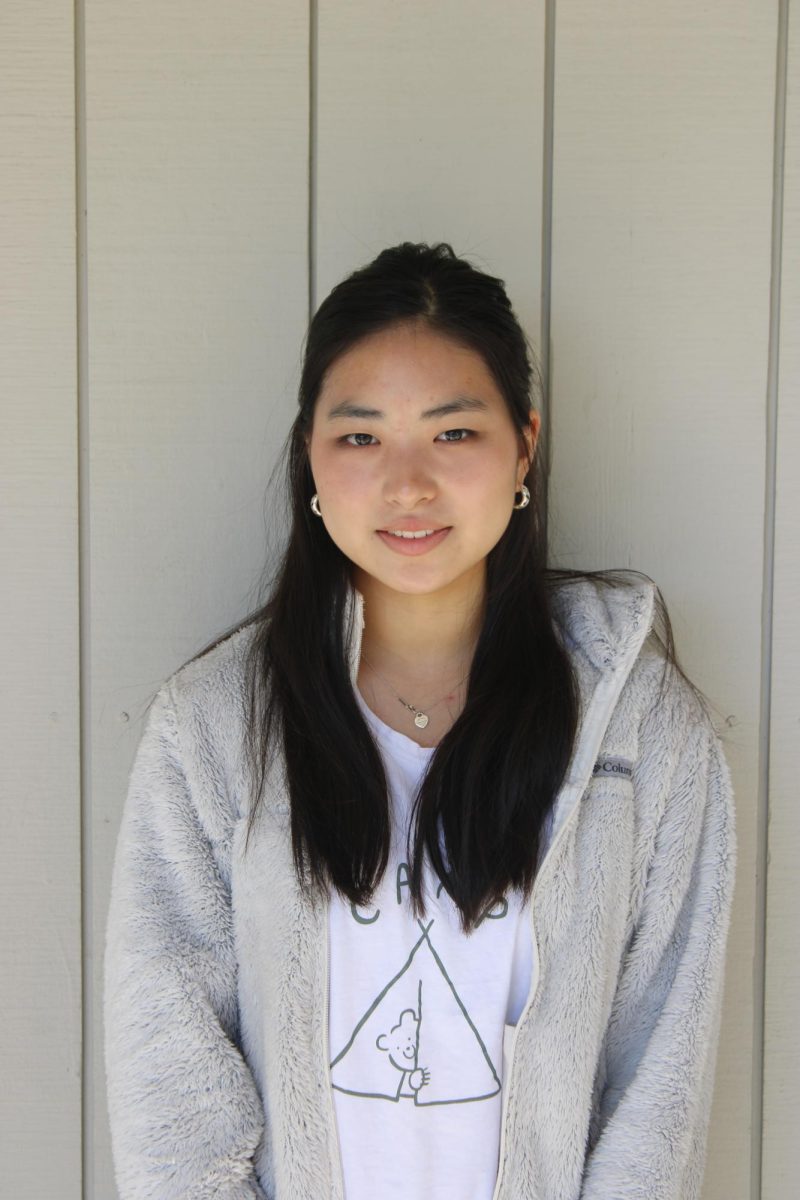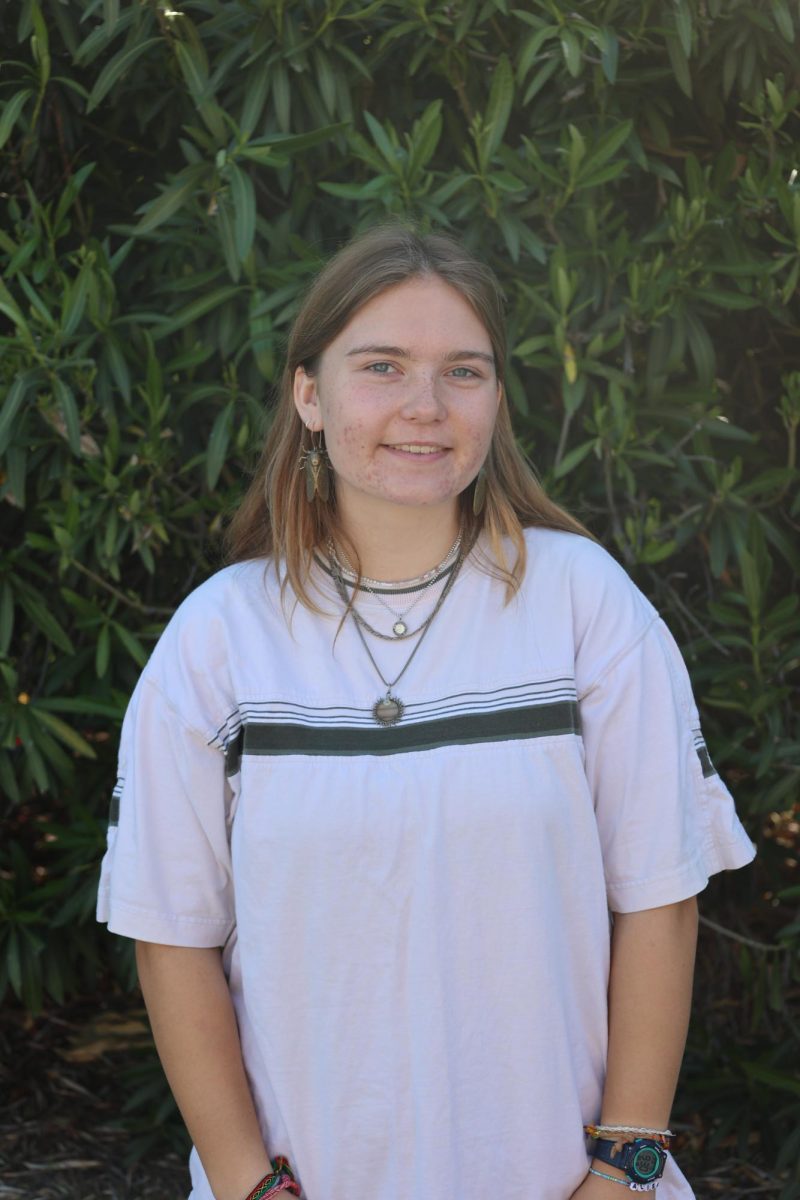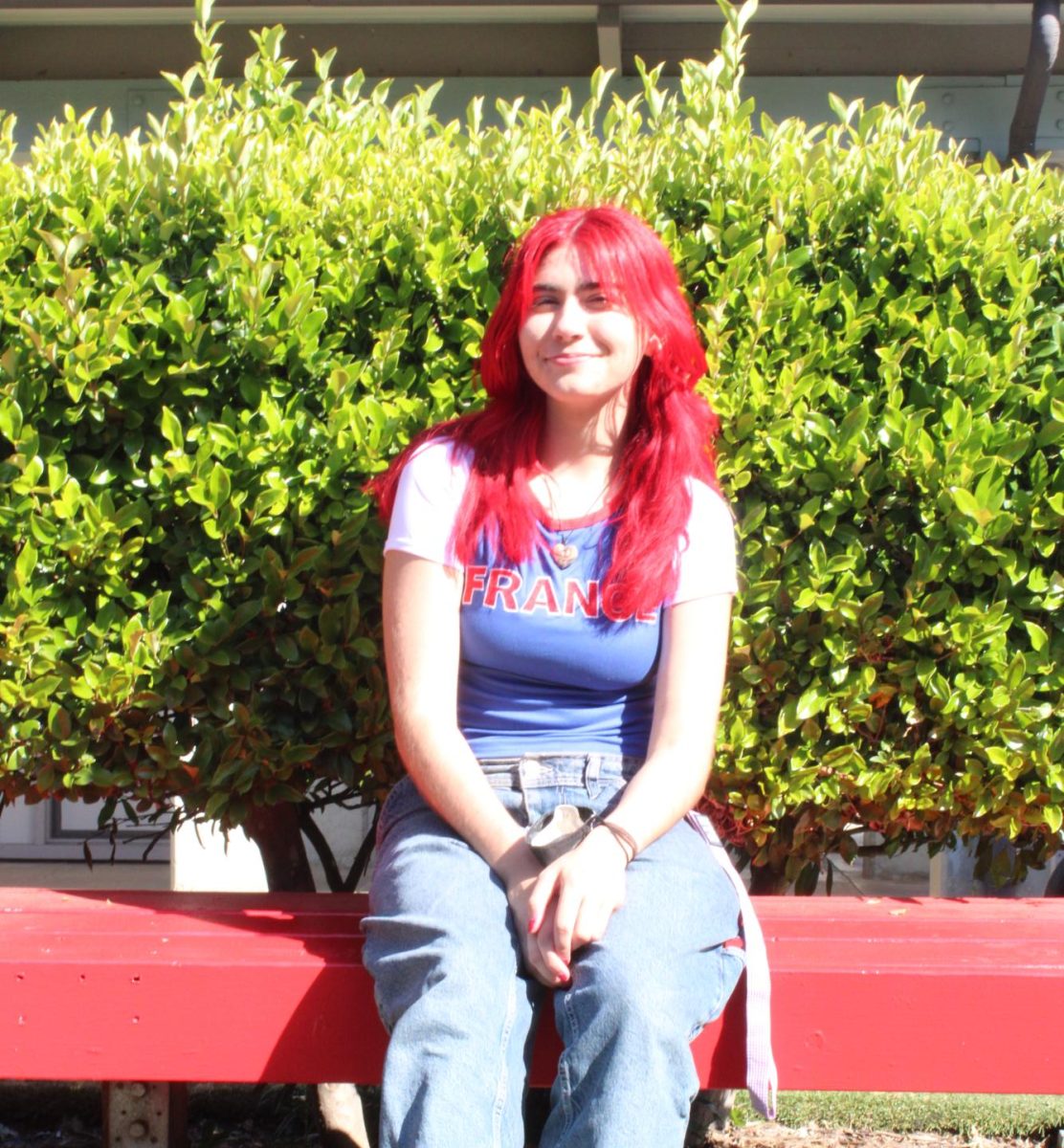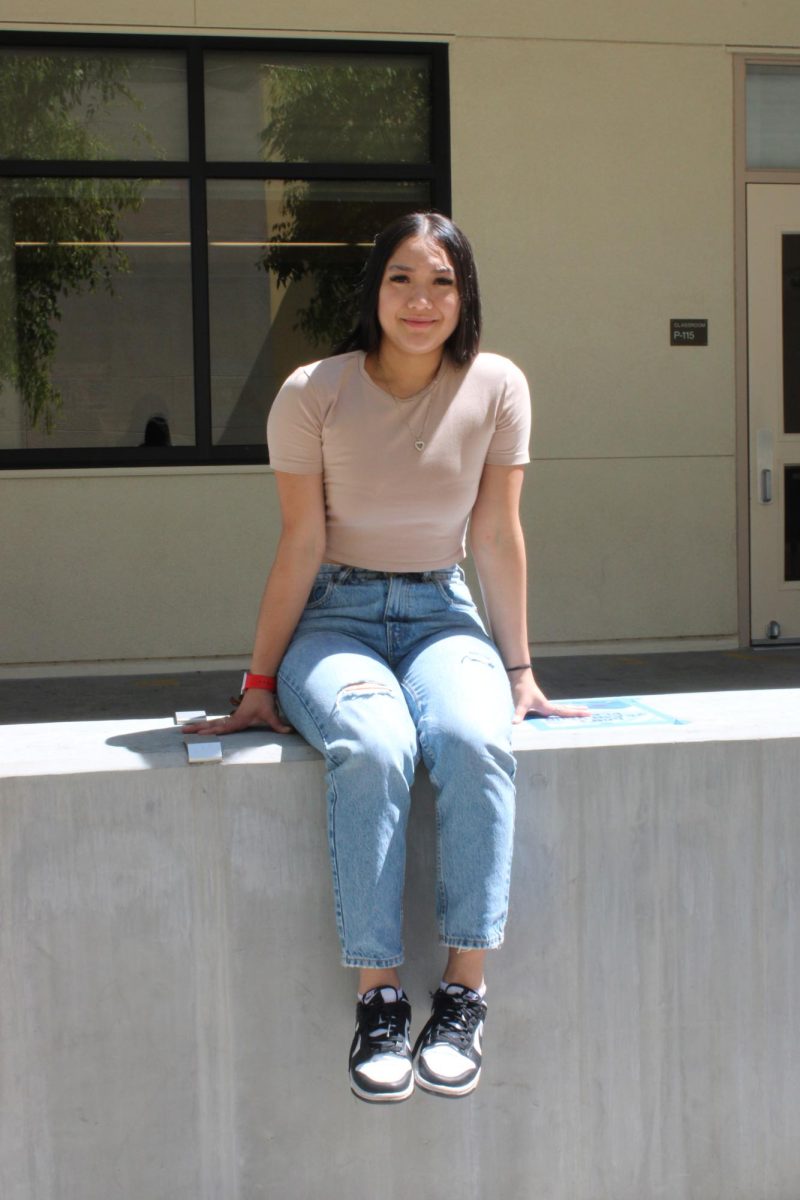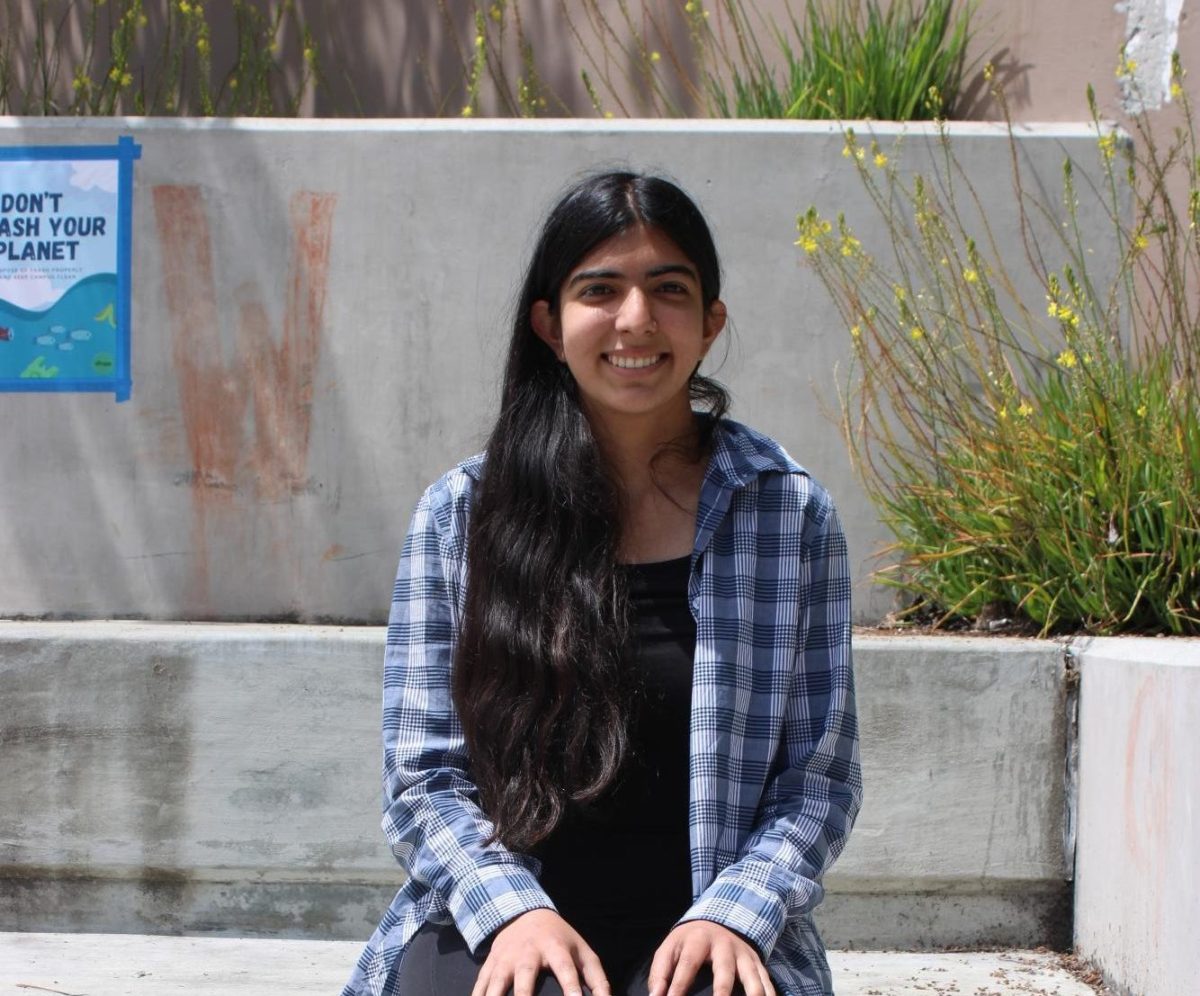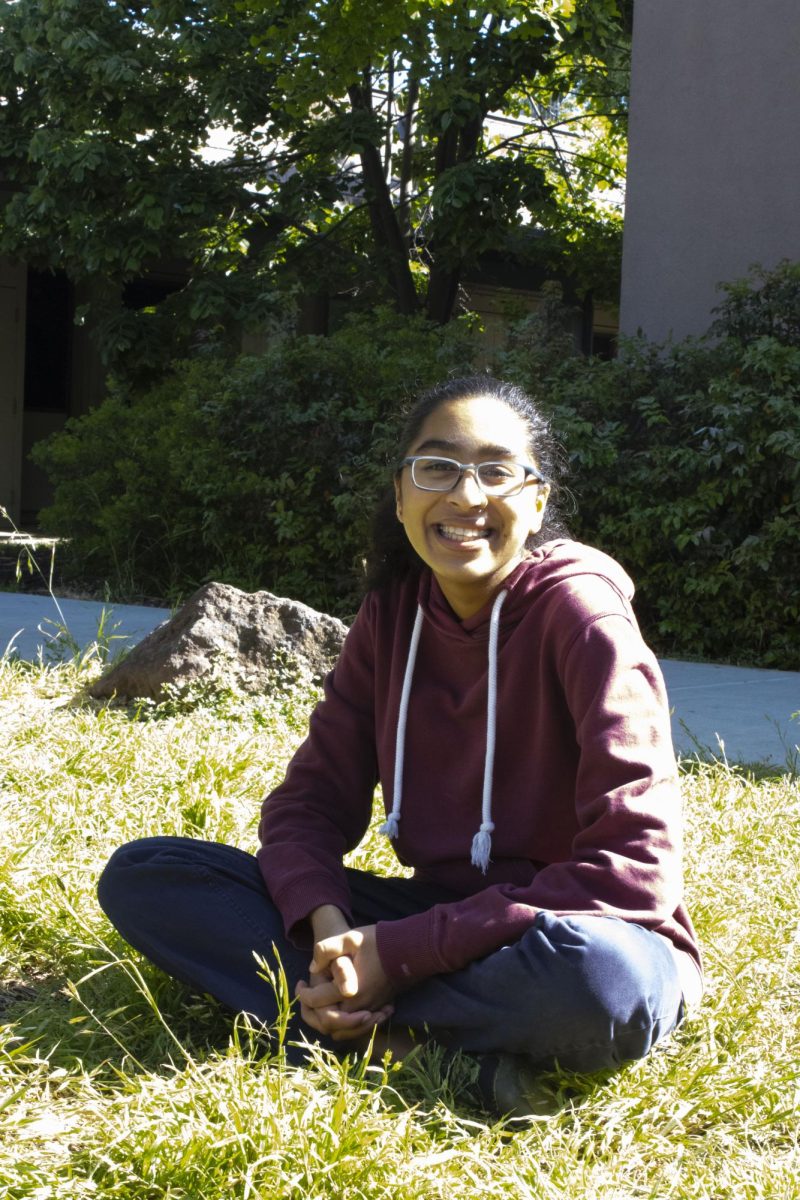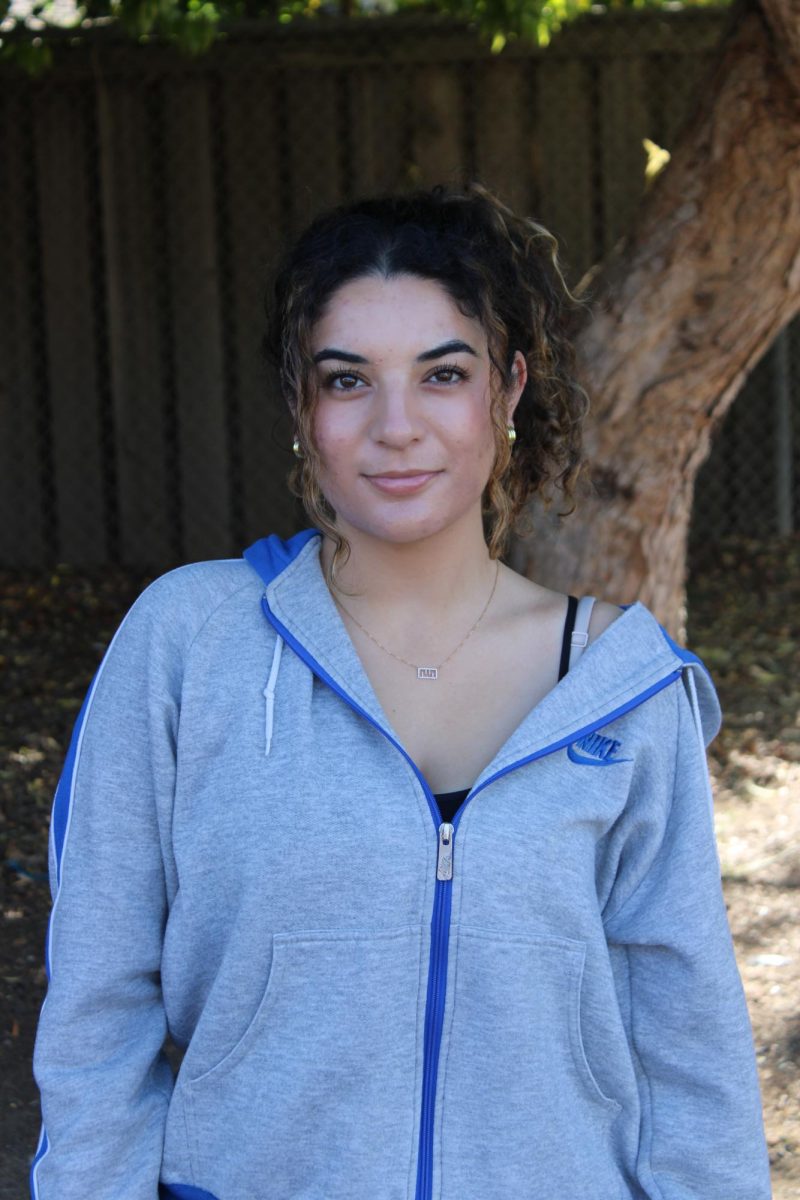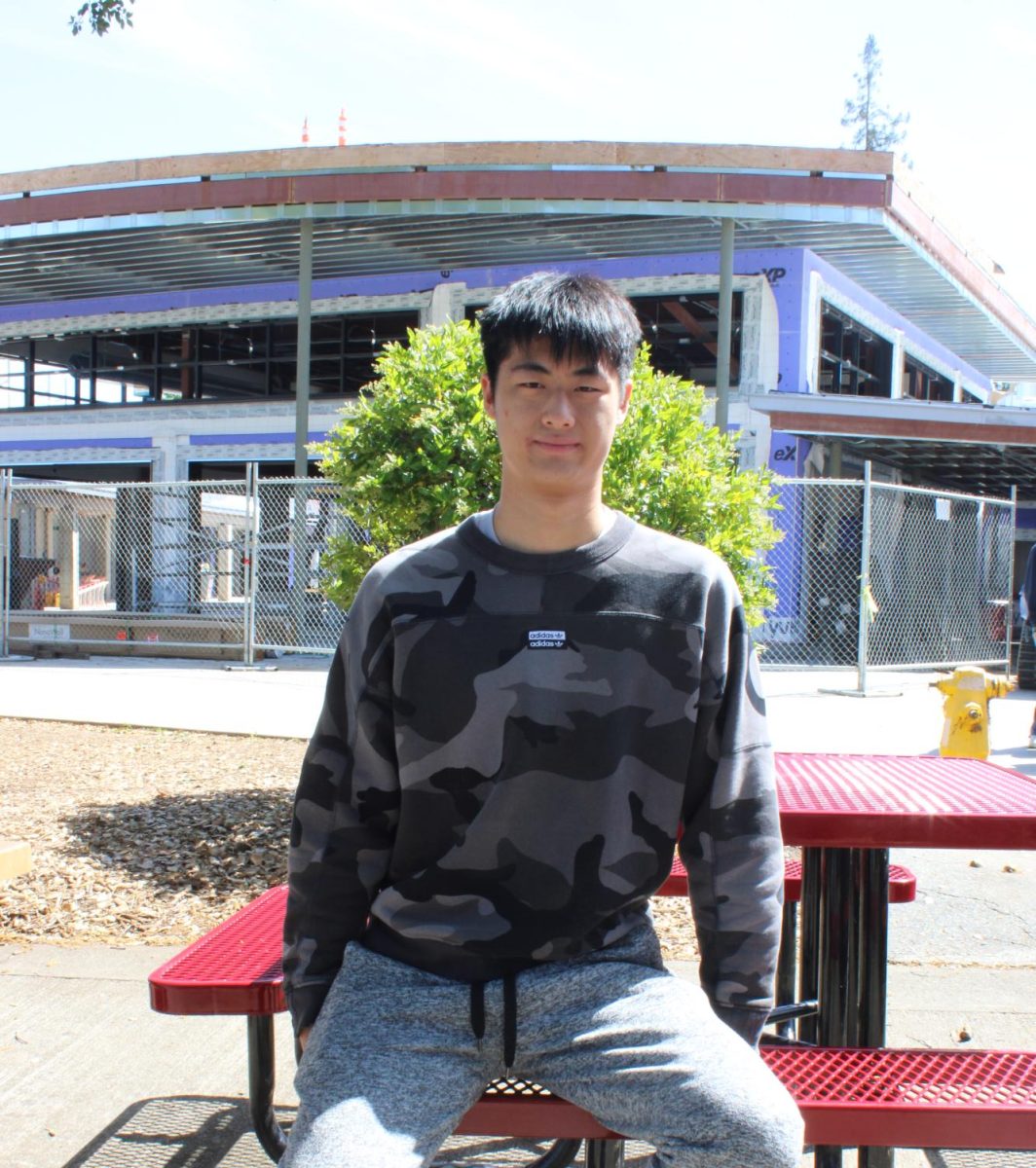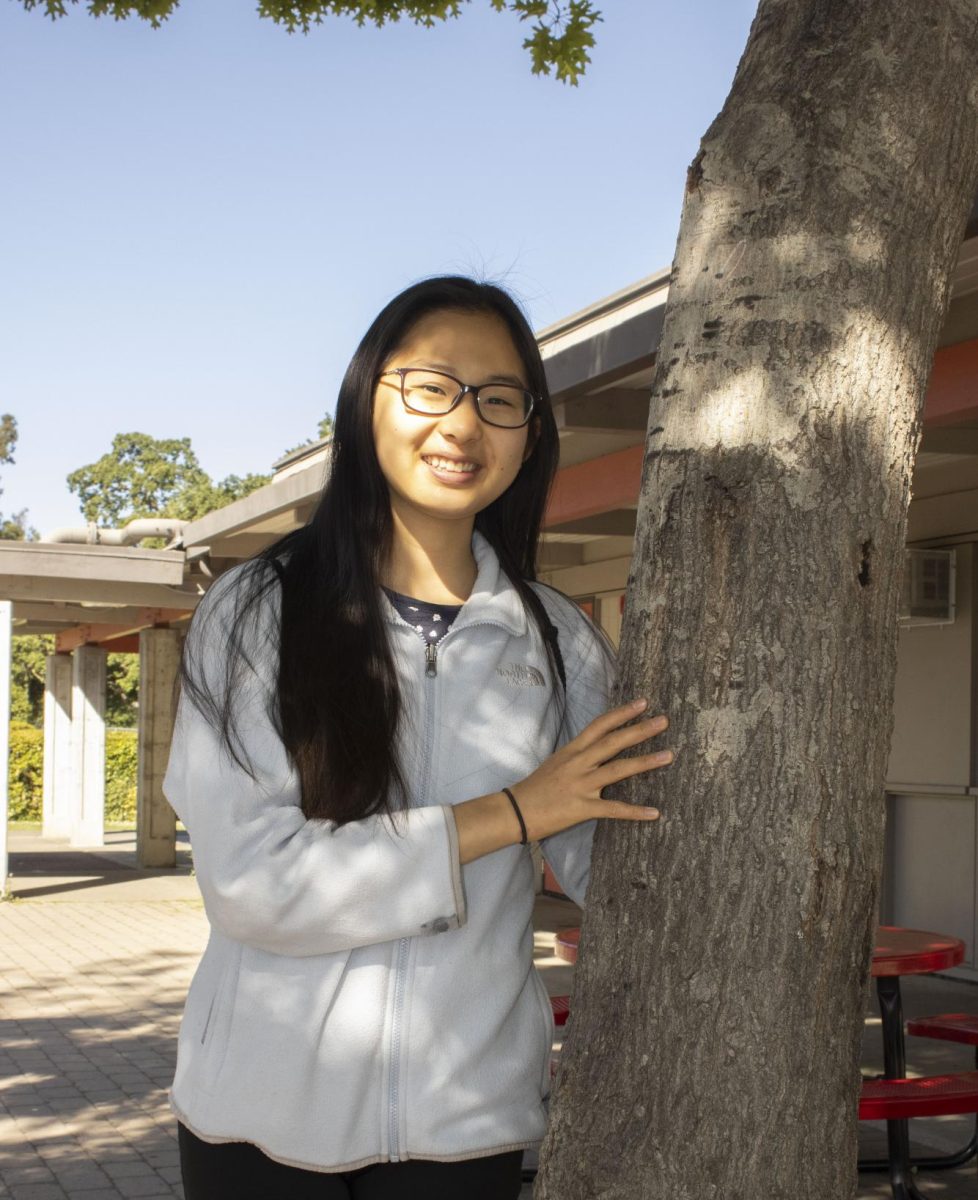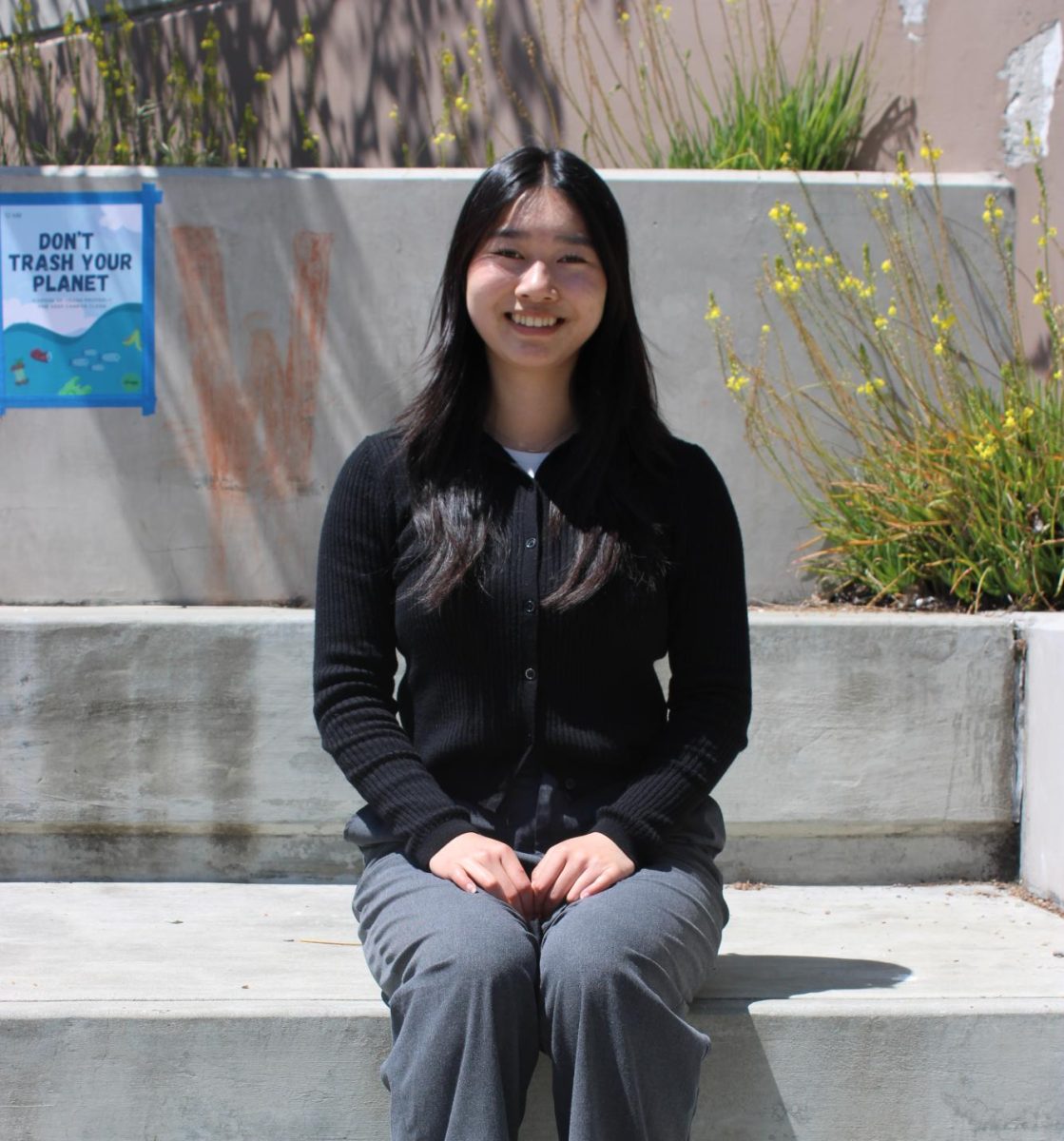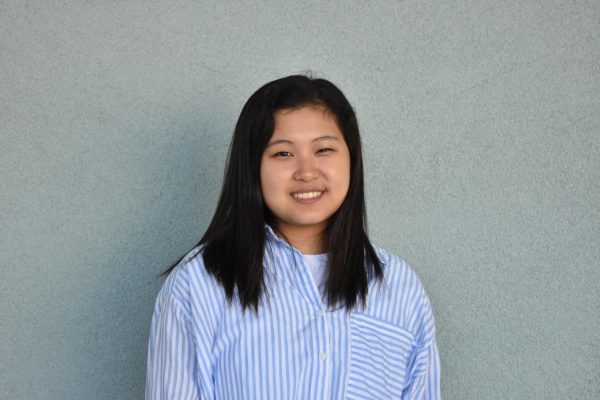Obsessed with horses, Jenna Kang began playing violin at 6 years old because the instrument’s bow was made of horsehair.
Since then, Kang has explored classical music as a soloist, chamber musician with Young Chamber Musicians and orchestra musician in the California Youth Symphony and National Youth Orchestra. She treasures musical modes of expression and the ways they can help her community.
“(Music) is a time to be in a safe outlet by yourself,” Kang said. “You just get absorbed into it. And there’s so much you can do with music — performing, volunteering and teaching.”
Apart from music, Kang has been fascinated by the brain since she first learned about neuroscience in seventh grade. In high school, she explored intersections between music and neuroscience.
“I was in a Stanford camp freshman year, and we basically learned about new modern inventions regarding neuroscience and Alzheimer’s,” she said. “It was my first experience researching, and I did a lot of research regarding the two.”
Kang has also taught music to students with autism at her church and the Academy of Music and Arts for Special Education. She is interested in understanding music’s role in neurological treatment.
“Playing music can help patients regain movement quickly, and I think that it’s very interesting,” she said. “Music activates both hemispheres of the brain. It’s like a mega vitamin — no other activity does that, and that alone opens a lot of doors.”
During her next four years at Stanford University, Kang hopes to double major in music and neuroscience.
“I want to research how to diagnose patients with music,” she said. “There’s this artist I’ve been researching who is unique because he has Alzheimer’s and his artwork had shown symptoms of dementia. There’s so many different signs art can show and I want to keep researching about it.”


